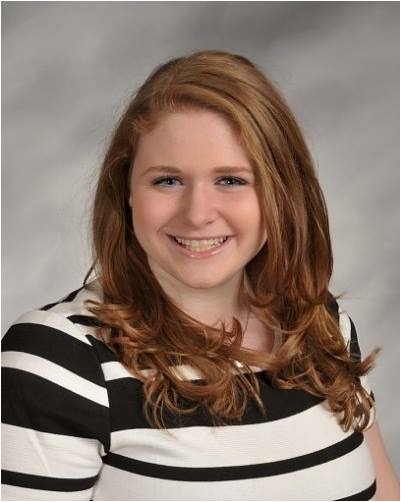By Cara Kupferman, USY International Religion/Education VP
 Every year, Jewish families from around the world gather together at their seder tables to recount the story of the Jewish people’s exodus from Egypt. They speak of a journey from slavery to freedom, from oppression to privilege. It is a tradition built on empathy–we do not say that this happened to another people in another time–rather, we place ourselves squarely in the chains that bound our ancestors, allowing ourselves to fully experience the sting of injustice.
Every year, Jewish families from around the world gather together at their seder tables to recount the story of the Jewish people’s exodus from Egypt. They speak of a journey from slavery to freedom, from oppression to privilege. It is a tradition built on empathy–we do not say that this happened to another people in another time–rather, we place ourselves squarely in the chains that bound our ancestors, allowing ourselves to fully experience the sting of injustice.
On Passover, we also celebrate a bounty of miracles, from the burning bush to the splitting of the Sea of Reeds. Our gratitude for the miracles God performed for our ancestors and the freedom we now enjoy permeates the entire holiday.
And yet, the struggle for freedom did not cease when the Israelites fled Egypt some 3000 years ago. The LGBTQ community still faces the oppression that we sought to escape when we left Egypt. In many ways, we, as a society, have made great progress in our attempts to more fully include LGBTQ individuals, but it seems that with every step forward, there is a push to retreat to the oppressive ways of the past.
In a year that saw marriage equality spread to 37 states before becoming the law of the land, recent anti-LGBTQ legislation in states like North Carolina and Mississippi threatens to undermine years of progress for thousands of LGBTQ Americans. Queer Americans still have no legal protection from discrimination based on sexual orientation in more than two-thirds of U.S. states and are protected from discrimination based on gender identity in only a handful of states. In other words, a gay man can now get married on Sunday and fired on Monday.
This push-and-pull between protection and discrimination is nothing new to the Jewish psyche. While we celebrate our freedom today the grim memories of the Holocaust and pogroms remain fresh in our collective memory. Although here in North America we truly can recline at our seder tables, comfortable as Jews in a free country, our fellow Jews in Europe fear the very real repercussions of wearing a kippah in public or bringing matzah to work everyday.
As Jews, we know that we must never be silent in the face of injustice, and there is no time that this message is more true than during Passover. “My ancestors were slaves in Egypt,” we say, recognizing that while we may be in a place of privilege now, morality requires us to empathize with those who are still not free, those who experience their Mitzrayim, their place of narrowness, today.
As such, the Passover Seder is the perfect opportunity to express our commitment to the LGBTQ community. At International Convention in Baltimore this past December, USY demonstrated its commitment to inclusivity, creating gender neutral bathrooms, rooming transgender delegates with other USYers of their gender identity, and encouraging USYers to write their gender pronouns on their name tags through our partnership with SOJOURN and Keshet. USY stands proudly with the LGBTQ members of our community, and as we celebrate Passover in homes across a continent, we will reaffirm our support with an unlikely symbol, an orange.
In the 1980s, Dr. Susannah Heschel introduced the tradition of including an orange on the seder plate as a symbol of the need for inclusion of queer Jews in our communities. The orange is a symbol of affirmation, a recognition of the fruitfulness of our LGBTQ community members and a celebration of their contributions to the Jewish world. In the years since its genesis, the orange has taken on a popular meaning as a symbol of egalitarianism, but according to Dr. Heschel that was not her original intent.
By adding an orange to our Seders, we commit ourselves to the pursuit of freedom, employing our narrative of slavery as we yearn for a future in which true freedom and equality are the norm, not a dream. This Passover, I urge you to join the USY International Board and many USYers who will include the orange in our Seders, furthering the Jewish value of eliminating injustice.
As we unite with Jews around the world in a celebration of freedom, let us not forget the millions who remain tied down by discrimination and persecution. We should remain ever vigilant crusaders in the fight for equality and never grow complacent as we strive for a better world. This Passover, may we all truly experience what it means to have been taken out of Egypt, and may we begin to engage in the conversation about how to create real change.